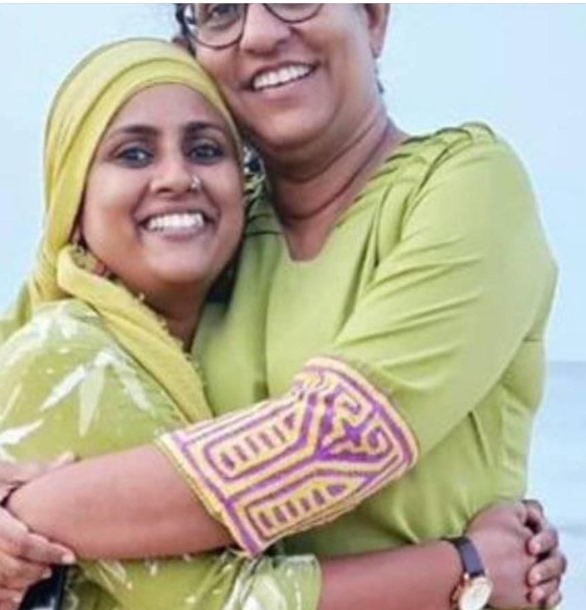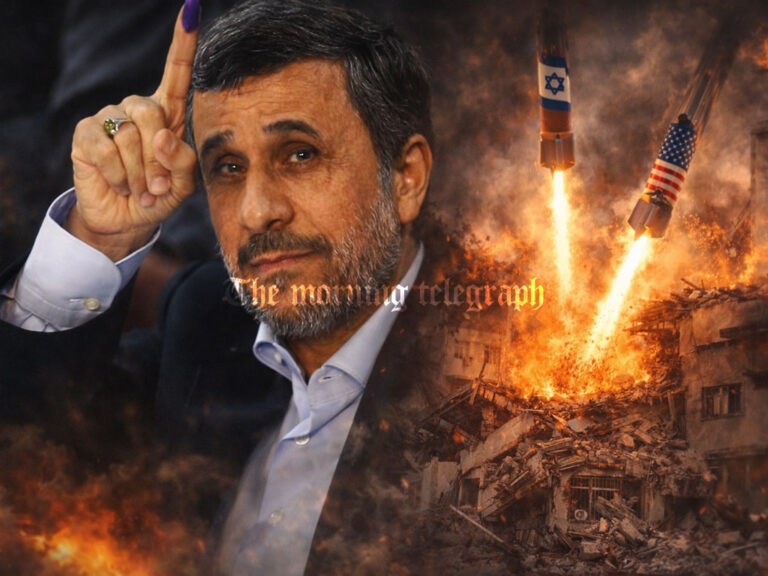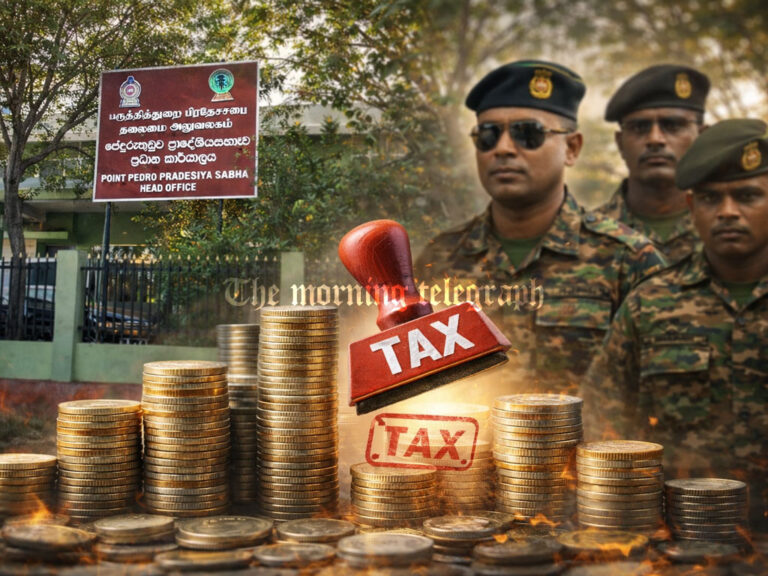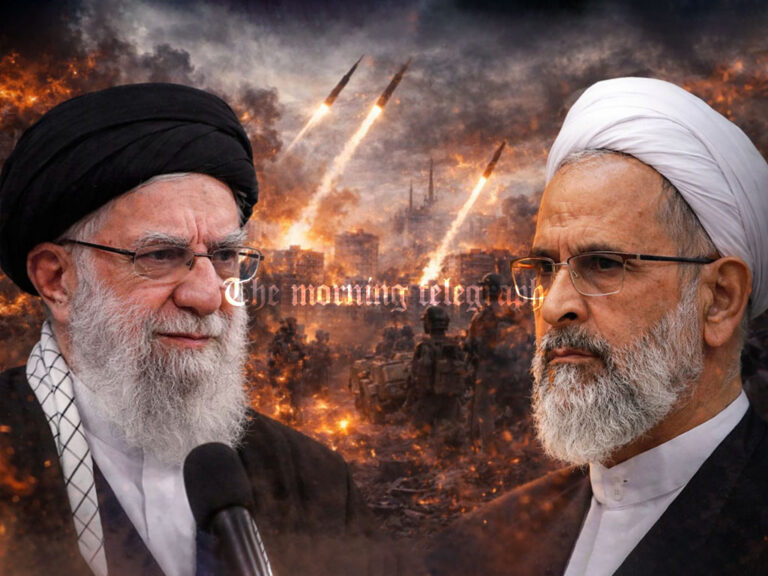
By Marlon Dale Ferreira
In a nation that has long been fractured by civil strife, political turmoil, and economic hardships, a single moment of tenderness has reignited hope. A recent image of Prime Minister Harini Amarasuriya, a member of the Sinhala community in a loving embrace with a woman from the Muslim community has captured the heart of Sri Lanka.
This simple yet powerful gesture symbolizes a nation on the brink of healing, after years of division, violence, and suffering. It is a reminder that peace, unity, and love are not just ideals to strive for but values that can transform the future of Sri Lanka.
For decades, Sri Lanka has faced countless challenges. Civil war ravaged the land, political corruption deepened divides, and minorities were often targeted before critical elections.
The wounds of the Easter Sunday bombings, which shattered Christian celebrations, are still fresh in the hearts of many.
The nation has struggled politically, economically, and socially. Yet, in this moment of unity, a loving embrace between the Prime Minister and a member of a historically marginalized community reminds us of what the country truly needs: peace, love, and a leadership that embraces all its people.
This image also comes at a critical turning point for Sri Lanka. After years of unrest, the people have spoken with one voice in the recent presidential election, choosing to bring about the systemic change they have longed for since gaining independence 76 years ago.
The election of President Anura Kumara Dissanayake and the rise of the National People’s Power have given the country renewed hope for a future that upholds justice, transparency, and unity. For the first time in years, Sri Lankans believe that their voices matter, and that they are finally on a path toward meaningful, lasting change.
The spirit of transformation was first ignited in 2022, when ordinary citizens, especially the middle class, found themselves deprived of basic necessities like fuel, cooking gas, and medicine. In response, they bravely took to the streets in what became the famous “Aragalaya” movement. People from all walks of life, united by their shared struggles, gathered at the heart of the commercial capital, demanding change. Their courage forced the political establishment to reckon with the will of the people. However, despite their efforts, the leadership of Ranil Wickremesinghe, who was installed through political maneuvering rather than popular support, only prolonged the sense of frustration and alienation.
But now, with the conclusion of the recent presidential election, Sri Lankans have finally reclaimed their power. The election was not just a political event; it was a watershed moment where the poor and middle class had the opportunity to exercise their franchise, free from political manipulation. They chose a new leadership that promises to address the systemic issues that have plagued the country for decades, from economic mismanagement to corruption and political favoritism. This is the dawn of a new era, where the government will be held accountable to the people, and governance will be based on principles of fairness, justice, and unity.
Sri Lanka was once a land where communities of different faiths and backgrounds lived harmoniously. Sinhalese, Tamils, Muslims, and Christians celebrated each other’s festivals such as Christmas, Aluth Avurudu, Ramazan, and Vel Festival as one united nation. Despite the diversity of their cultures and religions, the people of Sri Lanka saw themselves as brothers and sisters, sharing in the joys of life together. The country thrived on this unity, but over the years, political and social turmoil fractured that bond.
The loving embrace between Prime Minister Harini Amarasuriya and a Muslim woman is a reminder of that lost unity, a unity that is now being rekindled. It is a powerful statement that Sri Lanka can once again be a place where people from all communities come together in mutual respect and love. The National People’s Party has offered Sri Lankans hope that their future will be one of togetherness, where the divisions of the past are healed, and the country can move forward as one.
The road ahead is not without challenges, but Sri Lanka is ready to embrace a new era too. With the election of a leadership that represents the people, the promise of good governance, and the spirit of unity symbolized in that loving embrace, Sri Lanka is poised for a rebirth. The people are eager to live in peace and harmony, just as they did before, and they are filled with hope that they will once again experience the joy and love that defined their past.
As the country embarks on this new journey, the loving embrace between the Prime Minister and a member of the Muslim community will remain a powerful symbol of the nation’s collective desire for healing, unity, and peace. It is a moment that marks the beginning of a brighter, more inclusive future for Sri Lanka, one where every citizen, regardless of race or religion, can live in harmony and love.




